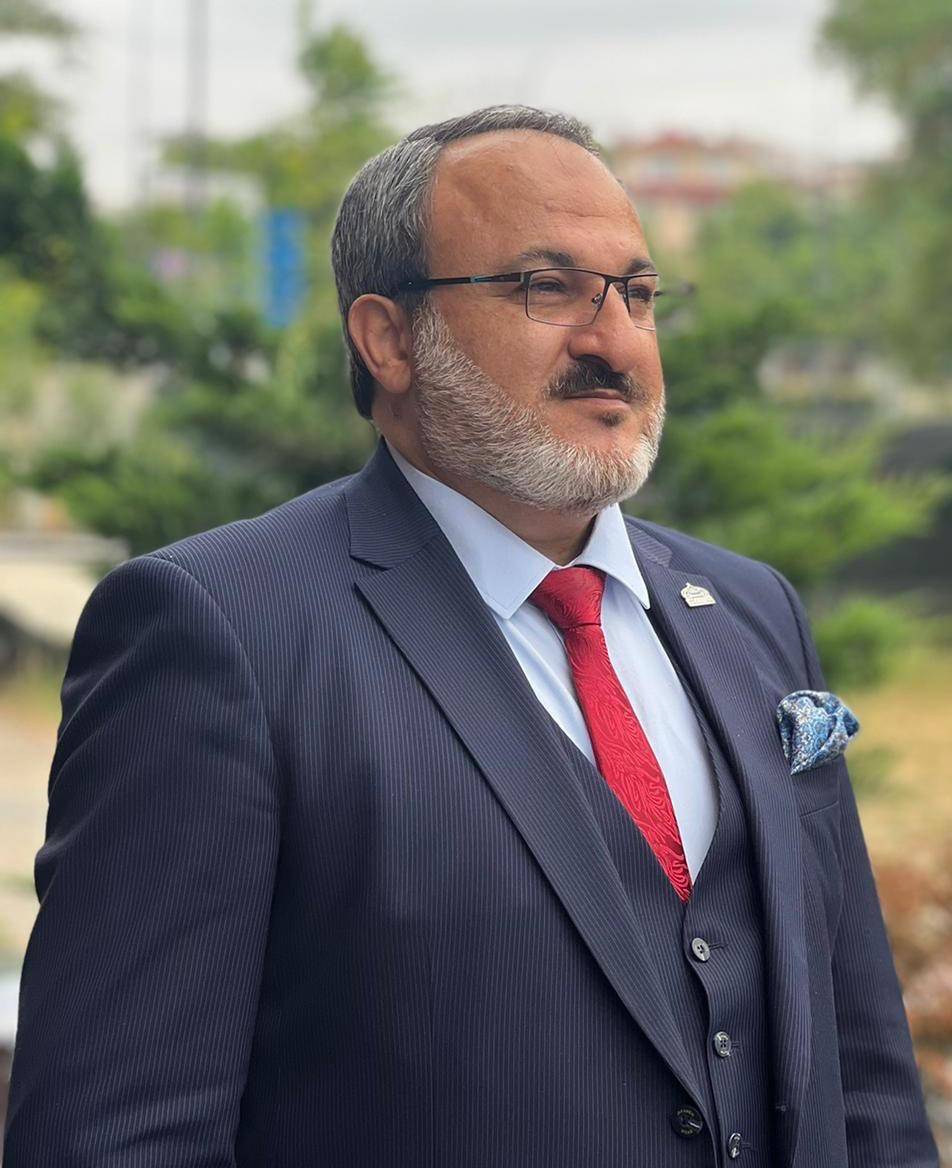The Trump administration has made Mahmoud Abbas do what no other ally has done before – renounce America’s role and turn his back. Mahmoud Abbas declared that the Americans have lost their impartiality and thereafter their eligibility as caretaker of the peace negotiations. In response, Trump closed the PLO office in Washington, distancing himself further from being an impartial mediator and facilitator, and becoming more Israeli than the Israelis themselves.
This open dissension between Abbas and Trump is a result of Trump and his pro-Israeli team systematically working on destroying the basic fundamentals of the Palestinian cause. The first way it did this was removing Jerusalem off the negotiating table and recognising it as the unified and eternal capital of Israel, contrary to international law which considers the city under occupation and contrary to peace agreements between the Arabs and the Palestinians, which consider East Jerusalem the capital of Palestine.
This move caused a lot of anger, not only in the Arab and Islamic world, but also among Europeans and elsewhere. It made Palestinians lose hope in American mediation and impartiality.
The second move was stopping American financial assistance to UNRWA ($365 million), which meant the whole support system that helped sustain Palestinian refugees for over half a century could have collapsed and their burden dumped on the shoulders of hosting countries which already have their own economic problems, such as Jordan, Lebanon and Syria.
Read: Reflections on the anniversary of the first Intifada
To add more salt to the PA’s wound, the Trump administration stopped aid even to Palestinian hospitals but maintained it, upon Israeli recommendation, to Palestinian security forces, which turned the Palestinian Authority into a security tool in the hands of the occupation and offered their people almost nothing in return.
The Trump administration played a very dangerous game utilising the aspirations of Sheikh Muhammad bin Zayed (MBZ), the crown prince of UAE, to play a regional role way beyond his country’s size, and Muhammad bin Salman (MBS), who bypassed his uncles and cousins and became the next king of Saudi Arabia. These two Arab leaders have lately played very controversial roles related to the Palestinian issue. MBZ is believed to have transferred Palestinian properties in Jerusalem’s Old City to Jewish Israeli hands which gradually helps the Israelis have a Jewish majority inside the walls of the Old City. This created a lot of agitation and resentment among Palestinians towards the Emirati leadership represented by MBZ.
![US President Donald Trump in the Oval Office of the White House on 23 October 2018 in Washington, US [Ron Sachs/Pool/Getty Images]](https://i0.wp.com/www.middleeastmonitor.com/wp-content/uploads/2018/11/GettyImages-1052839096.jpg?resize=1200%2C800&ssl=1)
US President Donald Trump in the Oval Office of the White House on 23 October 2018 in Washington, US [Ron Sachs/Pool/Getty Images]
Read: Where does the Palestinian resistance go after that UN vote?
Palestinians, most probably, were hopeful when they heard of MBS’ involvement in Jamal Khashoggi’s murder. For them and many in the region his removal as crown prince would trigger a series of changes in the Middle East and by extension the rest of the world, especially Israel and the United States. MBS is the main player in implementing the deal of the century and therefore his removal means the end of this enterprise. It might also bring about the downfall of his Israeli ally Benjamin Netanyahu, and his American benefactor Donald Trump.
Mahmoud Abbas might have many shortcomings, but he is one of the most seasoned Arab politicians and well-known for being stubborn. Although he does not have many cards to play he knows perfectly well that it would be almost impossible for the Americans and the Israelis to do without him, because there is no other Palestinian leader who can offer them more than he did. If he stood aside this would push the Palestinian issue into the hands of Hamas, which no one, especially Arab countries, seem willing to do.
Yet Abbas has his own worries when it comes to Hamas. He is worried the Israelis could undermine his rule by recognising Hamas’ authority in the Gaza Strip. Although Hamas shares many of his views on the unity of the West Bank and Gaza Strip, he is afraid that the promised Palestinian state which he spent most of his life working for, and risked his reputation and life on, will eventually end to be that tiny and isolated piece of land under the rule of Hamas, as the Israeli minister of education, Naftali Bennet, recently declared.
It is a real charade that Palestinians have to wait for both their downfall and their relief from the same place – the United States. On one hand, there is the deal of the century which aims at ending their dreams and national aspirations for an independent state. On the other hand it might be the place that will bring the downfall of the maestro of the deal and his allies.
The views expressed in this article belong to the author and do not necessarily reflect the editorial policy of Middle East Monitor.


![Palestinian President Mahmoud Abbas in Ramallah, West Bank on 9 December 2018 [Issam Rimawi/Anadolu Agency]](https://i0.wp.com/www.middleeastmonitor.com/wp-content/uploads/2018/12/20181209_2_33840965_39748105.jpg?fit=1200%2C800&ssl=1)









